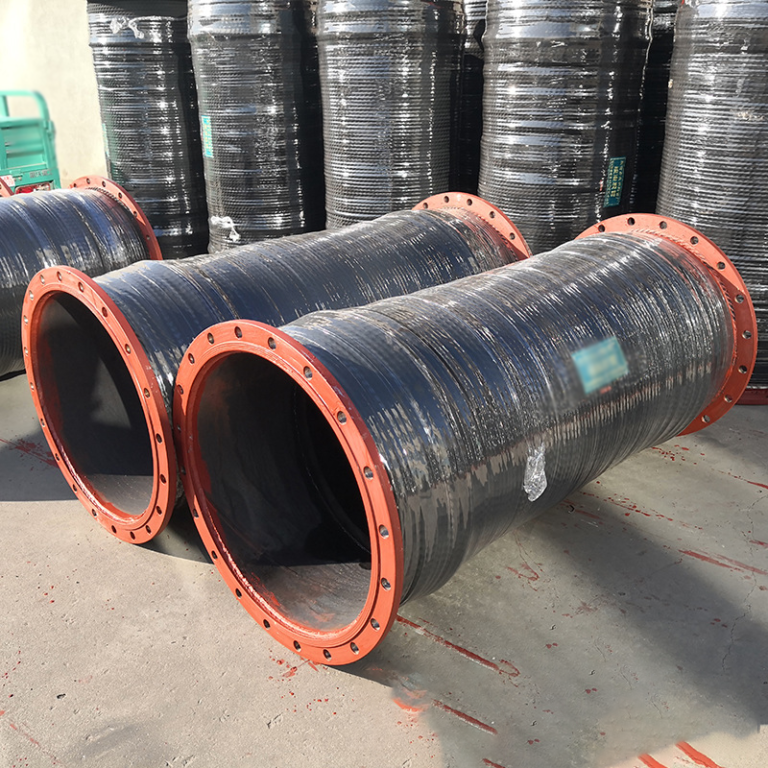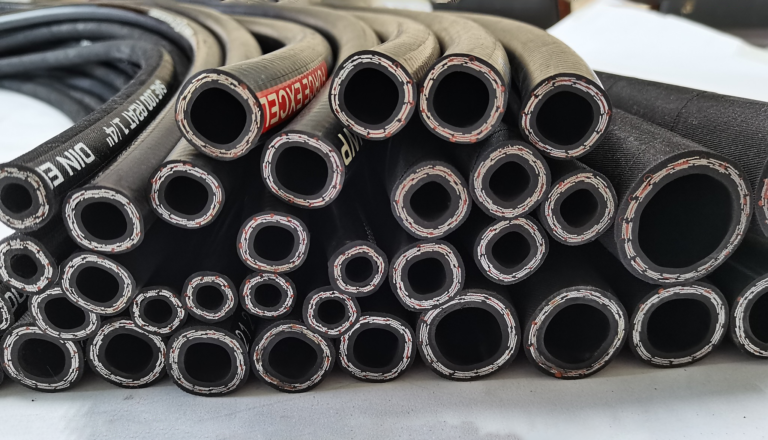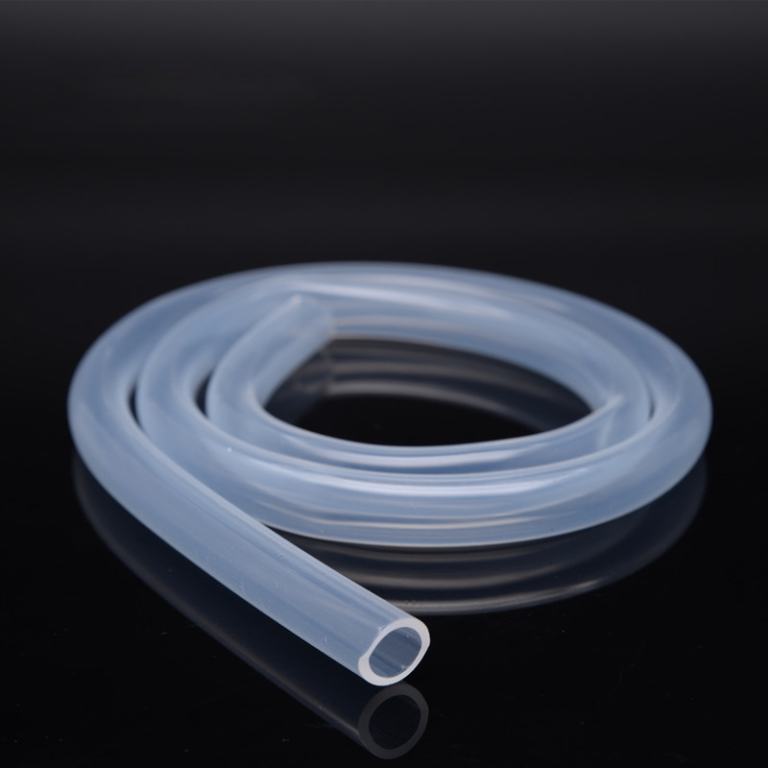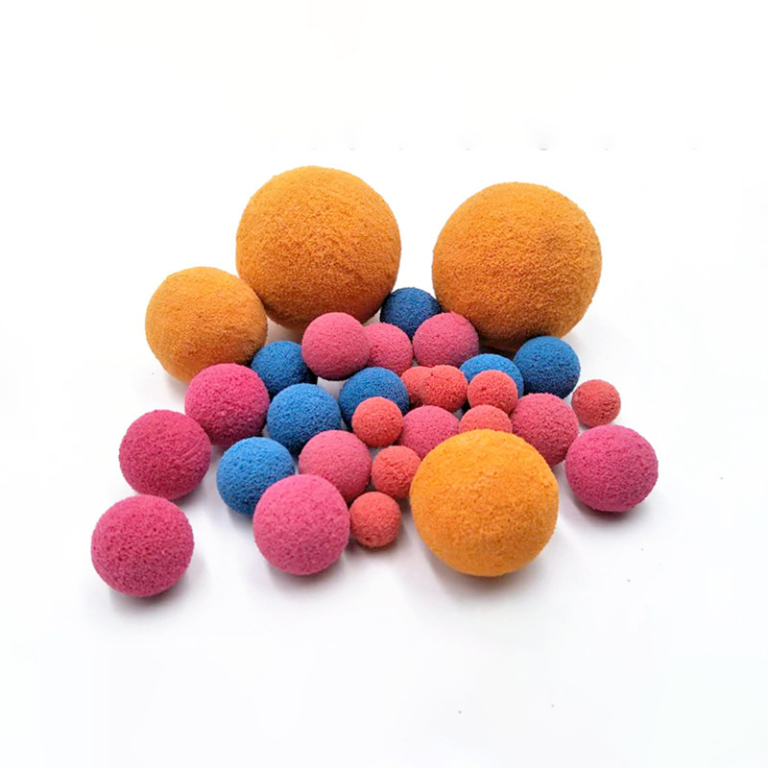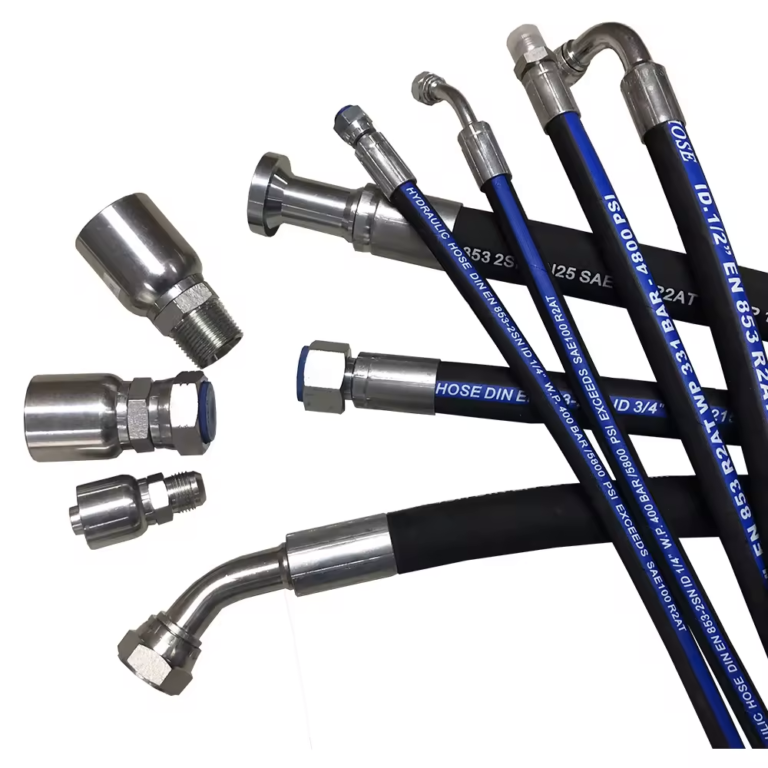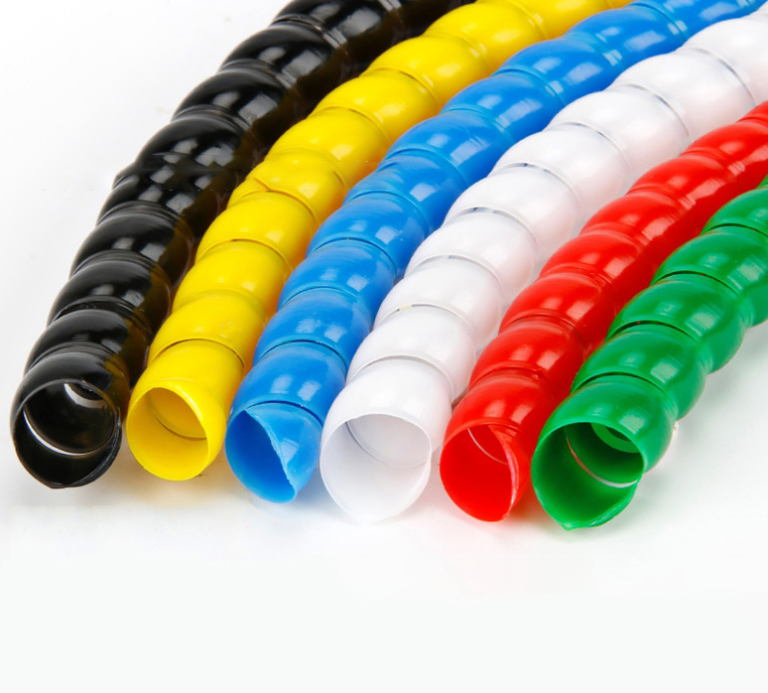PVC hose: performance characteristics and usage precautions
PVC hose is a type of flexible hose made of polyvinyl chloride (PVC) material, widely used for water transportation and irrigation in agriculture, industry, and households. Due to its lightweight, durability, flexibility, and corrosion resistance, PVC water hoses have become an ideal water supply equipment. This article will provide a detailed introduction to the performance characteristics, classification, and usage precautions of PVC water hoses, helping you better understand and utilize this effective water transportation tool.
1、 Performance characteristics of PVC water hose
Lightweight material: PVC hose is lighter compared to other metal pipes, making it easy to handle and install.
High durability: PVC water hoses have good pressure resistance, corrosion resistance, and aging resistance, with a long service life.
Strong flexibility: PVC hose can be bent into different shapes, making it convenient to use in various complex environments.
Quick connection: PVC hoses are generally connected using quick couplings, which are easy to install, disassemble, and replace.
Strong compressive performance: The PVC hose has reinforced ribs inside, which can resist external pressure and ensure smooth water flow.
2、 Classification of PVC water hoses
Classified by purpose: According to different usage scenarios, PVC water hoses can be divided into agricultural water hoses, industrial water hoses, and household water hoses.
Classified by pressure bearing capacity: According to different pressure bearing capacities, PVC hoses can be divided into three types: low pressure, medium pressure, and high pressure.
Classified by diameter: PVC hoses can be classified into different specifications based on the size of the pipeline diameter, such as DN15, DN20, DN25, etc.
3、 Precautions for using PVC hose
Choose the appropriate specifications: When purchasing and using PVC hoses, it is necessary to choose the appropriate specifications based on actual needs, including diameter, length, and pressure bearing capacity.
Avoid direct sunlight exposure: Prolonged exposure to sunlight can accelerate the aging of PVC hoses and affect their service life. Therefore, direct sunlight should be avoided as much as possible during use.
Winter insulation measures: In the cold winter, necessary insulation measures should be taken, such as covering the water hose with an insulation layer or antifreeze layer, to prevent the water hose from freezing and breaking.
Avoid damage during installation: Be careful during installation to avoid scratching or twisting the water hose, so as not to affect its service life.
Regular inspection and maintenance: To ensure the safe and stable operation of PVC hoses, they should be regularly inspected for any damage, cracks, or aging, and any problems should be promptly replaced or repaired.
Storage requirements: When not using PVC hoses, they should be stored in a cool and dry place to avoid moisture and contamination. At the same time, it is necessary to avoid heavy objects pressing on the pipe to prevent damage.
Pay attention to the connection method: When installing and using PVC hoses, the correct connection method should be used, such as using quick connectors or clamps, to ensure that the interface is firm and leak proof.
Environmental protection requirements: During use, PVC hoses should be avoided from being discarded or burned at will to prevent harmful substances from polluting the environment.
In short, understanding and following these usage precautions can help you better utilize PVC hoses for water supply and irrigation work. When purchasing and using, it is essential to choose products that meet actual needs and have reliable quality to ensure safe and stable completion of various tasks. At the same time, pay attention to environmental requirements and contribute to protecting our common home.


